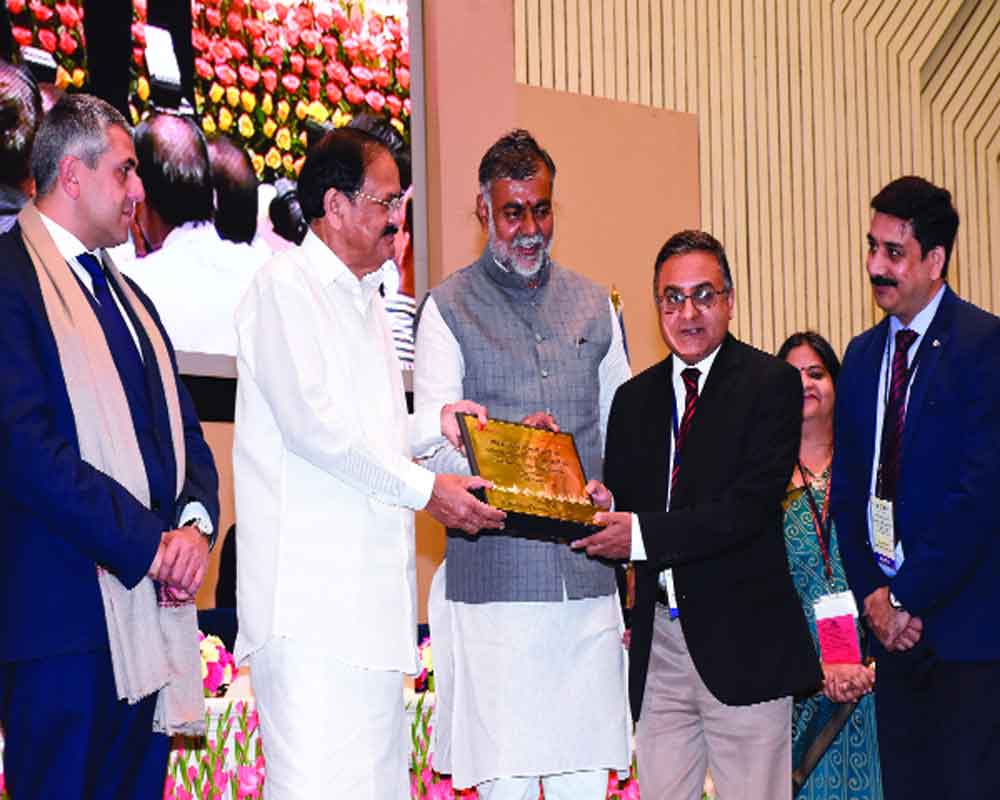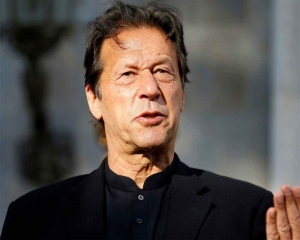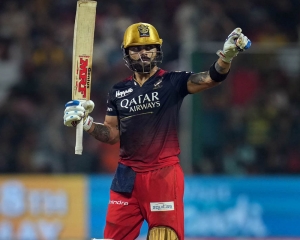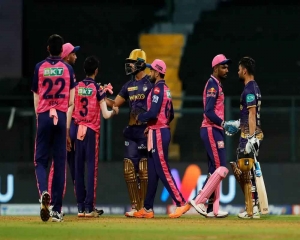Faiz Ahmed Kidwai, managing director, Madhya Pradesh Tourism Board, says that efforts are being made to showcase the state as a mix of wildlife, heritage, culture and cuisine. By Team Viva
vHow will the MSME Development Policy help tourism in the state? Will it encourage homestays which would also increase accommodation facilities for tourists?
In India MSMEs, with a growth of 13.9 per cent, were the largest job creators as compared to all the other sectors during the last four years. In this segment, it was the hospitality and tourism sectors which were the highest contributors. In developing countries tourism is a contributor to small scale enterprises thus lifting the standards of living as well as acting as a catalyst for community development.
Homestays, a concept which involves the local community, aims to encourage households to earn an income from tourism directly. We have seen that a majority of local people are usually eager to be involved in activities related to tourism and would like to take a leading role as entrepreneurs and workers at all levels.
Homestays can provide a reliable income for host families while also supporting local accommodation providers by offering extra beds in locations where hotels may be in short supply. They provide viable alternative livelihood and represent a definite link between protecting the local environment and economic benefits that eco-tourism can bring, helping to pave the way for further conservation and sustainable management initiatives.
How does ecotourism benefit the state by protecting forest and supporting economic growth simultaneously?
Ecotourism is a more sensitive form of travel which incorporates ecologically sustainable activities, supports conservation measures and involves local communities in tourism. It helps in protecting the environment, brings about poverty alleviation and leads to overall socio-economic development as locals are made aware of the importance of conservation and protection of environment for their own benefit. It can also go a long way in supporting wildlife conservation efforts. In Madhya Pradesh, our focus on eco-tourism is to help provide jobs for local people (thereby reducing migration to larger cities) and create a market for locally produced items.
We are making efforts to encourage cultural sensitivity of visitors by enhancing guest-host interactions. Undoubtedly, eco-tourism can enhance wildlife conservation by involving tribals and forest-dwellers and encouraging them to become a part of the industry. This would bring about a more equitable sharing of benefits while helping to conserve natural, cultural and built resources which in turn, would maintain the quality of life in the area. The most important aspect of eco-tourism is that it balances sustainable economic development and biodiversity conservation, thereby positively affecting environmental, social and economic components of the community.
What are the new initiatives by the government to create world class infrastructure to attract high-end tourists?
Madhya Pradesh is already a well-known destination among domestic travellers in India because of the famous Khajuraho temple complex and the various spiritual destinations that are a part of the pilgrimage circuit. Our effort now is to showcase the state as a treasure trove of wildlife, heritage, culture and cuisine. With the largest tiger population in the country, we are promoting jungle safaris not only in India but also to a very keen and excited international market. Our lesser-known but equally breath-taking tourist offerings such as Orchha, Mandu, Maheshwar and Chanderi are being showcased effectively as locations where one can get a glimpse of the “real India”, the hinterland. We have launched several festivals such as Jalmahotsav, Namaste Orchha and Mandu Utsav which highlight the different facets of the destination. At the same time, we are also keen to depict the state as a global “Foodie” destination with the exquisite offerings of Bhopali cuisine and Indore’s bustling street food scene. We have seen a great deal of interest in the luxury jungle lodges which are located in Bandhavgarh, Pench and Kanha from experienced and well-heeled travellers from India and abroad who found the jungle safari experience in Madhya Pradesh comparable, if not better than those in the African safaris. Our effort is to ensure that we continue to improve the tourists’ experience in every aspect — from increased air connectivity to improved on-ground transport with better wayside amenities, knowledgeable guides and ensuring greater security and comfort of tourists visiting the state.
What are the steps being taken to encourage adventure and culture tourism in the state?
Madhya Pradesh has a huge untapped potential for both adventure and culture tourism in addition to being a huge attraction for wildlife and heritage lovers. The varied topography of this huge state includes hills, rivers, large forest areas and lakes which makes it an ideal location for undertaking both soft and hard adventure activities. Trekking can be undertaken in Kanha, Pachmarhi and Amartantak. The gushing waters of the Betwa river offer a challenge to even the most intrepid river-rafter. Rock climbing is gaining momentum in the Pachmarhi range while mountaineering is becoming more popular in the Maikal region with its dense and unexplored jungles.
The culture of the state is ancient and deep-rooted and therefore our offerings are immense — ranging from textile and handicraft to tribal art and music/ dance. Our efforts are focussed on bringing attention to the age-old handloom weaves of Chanderi and Maheshwar (fabrics which are globally popular today), block printing techniques such as Bagh and Nandna, tribal art such as Gond paintings, dhokra and jute craft among many others. We have several music and dance festivals which are conducted throughout the year such as the Gwalior Samaroh, Hridaya Drishyam and Khajuraho Dance Festival, all aimed at popularising these art forms across the world.
What are the opportunities for film tourism given that there are beautiful locations across the state?
The popularity of Madhya Pradesh as a destination for film shooting has grown progressively over the years. The backdrop of Khajuraho and Sanchi, the jungles of Kanha and Bandhavgarh, the forts and monuments of Gwalior, Orchha and Mandu, the culture of Bhopal, Indore, Jabalpur and Gwalior offer filmmakers the most diverse filmmaking experiences. Various Bollywood films from Dilip Kumar’s Aan (1952) to more recent Padman, Stree, Sui Dhaga, were shot at some of the most exquisite locations in Madhya Pradesh. From 1952 till date more than 75 Bollywood movies have been shot in Madhya Pradesh.
The state is a perfect combination of natural settings, ancient heritage, huge water bodies and a helpful administration which are a filmmaker’s delight and make it the most preferred destination. A key factor which has led many filmmakers and actors to trust MP for shoots is the support extended by the local authorities in granting permissions and access to various heritage and protected structures. Besides the scenic locations, filmmakers unanimously agree that they are heartened by the support extended by the locals. As the teams travel with a lot of equipment from Mumbai and Delhi, they look for support from the local artistes too. Since Bhopal and Indore have a very active theatre scene, artistes can offer the support that filmmakers seek.
The state government also offers capital investment subsidy for expenditure on creating infrastructure of permanent nature and installation of equipment for film studio and film production. If the shooting crew opts for an accommodation at MPSTDC hotel, they can avail a discount of up to 40 per cent in lodging tariff. Madhya Pradesh Tourism is the nodal agency to assist the film producers for procuring various clearances and permissions extending complete support and encouragement to the film fraternity.


























